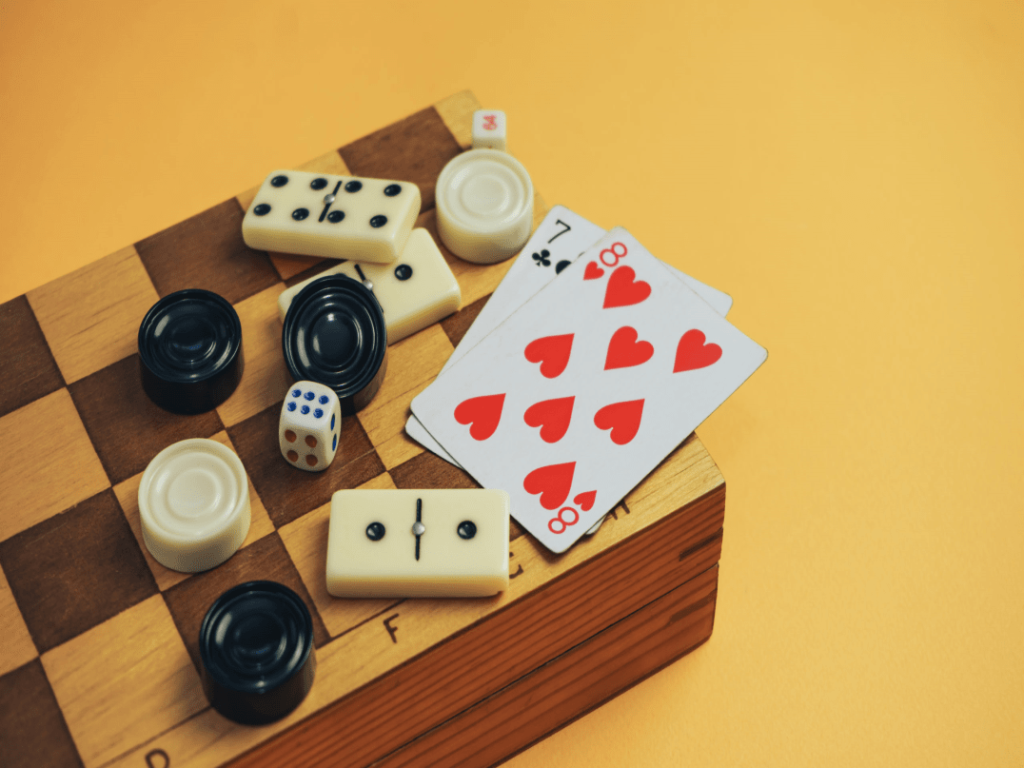Welcome to the world of Arab social traditions! A lively game of backgammon or cards is a cherished way to spend time. The Arab world has a rich history of games of strategy, luck, and skill. This article guides you through popular Middle Eastern board games. It offers a glimpse into the fun of Arab games. We will introduce you to some classic traditional Arabic games.
The Social Fabric of Middle Eastern Board Games
For many, Middle Eastern board games are more than just a pastime; they’re a cornerstone of social life. You’ll find them at the heart of cafes and family gatherings, where lively competition and laughter fill the air. These games aren’t just about winning or losing—they’re about connecting with friends and family, sharing moments of joy, and continuing a long-standing cultural tradition. They truly embody the spirit of fun and community in the Arab world.
A Look at Traditional Middle Eastern Board Games
Here are some well-known and beloved traditional Middle Eastern games you will find.
Tawla (Tawla): More Than Just a Game of Chance
If you’re familiar with Backgammon, you’ll feel right at home with Tawla. The name literally means “table” in Arabic. It’s one of the most popular Middle Eastern board games, but in the Arab world, it’s more than just a pastime—it’s an art form. You’ll see it played in public cafes and at family gatherings, especially during the evenings of Ramadan. It’s a game that blends strategy with a bit of luck, testing your ability to think quickly and make decisions under pressure.
- Key Vocabulary:
- “Yalla!” (Yalla): Used to start the game.
- “Double” (Dopl): When you roll two of the same number on the dice, such as a 1-1 or a 6-6.
- “The Knockout” (Al-Dharba al-Qadhiya): A strategic move aimed at removing an opponent’s piece.
Dama (Dama): A Game of Ancient Strategy
If you enjoy the strategic thinking of Chess or Checkers, then Dama is the Arabic version for you. This game is one of the oldest Arabic board games and is played with intense focus in many traditional Arab cafes. It might seem simple at first glance, but it has a great deal of tactical depth.
- Why is it special?
- Less complex than chess: The rules are simpler, making it perfect for beginners.
- Requires high concentration: The winner isn’t the one with the most pieces, but the one who has a clear strategy to capture their opponent’s pieces.
Carrom (Carrom): A Family Favorite
Although Carrom is a popular game around the world, it has become an essential part of Arab social life, especially in the Gulf region. This is the game families gather around on holidays or during cozy winter nights. Often called “finger billiards,” it relies on precision and focus.
- Key Vocabulary:
- “The Striker” (Al-Dhareb): The larger disc you use to hit the other pieces.
- “The Queen” (Al-Wazir): The red piece, which has the highest value in the game.
- “Sahha!” (Sahha): An expression you say after a successful shot, similar to “Well done!” or “Good one!”
Baloot (Baloot): The Language of the Gulf
In the Arabian Gulf, especially in Saudi Arabia, Baloot is more than just a card game—it’s a cultural phenomenon. It is an excellent example of a cooperative Arabic board game that relies on teamwork and trust between partners. Every player has a role, and every decision is important.
- Key Vocabulary:
- “Ace” (Ass): The highest card in the game.
- “Trump” (Hokom): Naming the trump suit for the round.
- “Sarra” (Sarra): A strategic move made by a team.
Tarneeb (Tarneeb): King of the Cards
In the Levant (countries like Lebanon, Syria, Jordan, and Palestine) and Egypt, Tarneeb is the king of card games. Its name means “trump card,” and that’s exactly what you need to win this game of wits and strategy.
- Key Vocabulary:
- “I have” (Indi): Said by a player to announce the number of tricks they aim to win.
- “Trick” (Khid’a): A round of play in which cards are collected.
- “We’re done!” (Khallasna): Said at the end of the game.
The Role of Traditional Arabic Games in Culture
These traditional Arabic games reflect Arab culture’s values. They emphasize community and face-to-face interaction. The friendly competition of backgammon or the quiet concentration of a chess match provide a backdrop for social gatherings. They let people relax and enjoy each other’s company. They are a universal language of fun and a great way to experience Arab culture firsthand.
Ready to learn the Arabic language that will help you communicate while playing these games? Download the Kaleela Arabic learning app today! Our comprehensive lessons provide cultural insights alongside language learning. We help you truly understand the vibrant world of traditional Arabic games.



